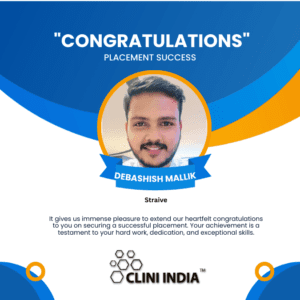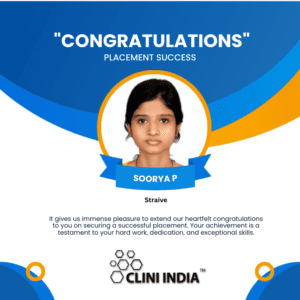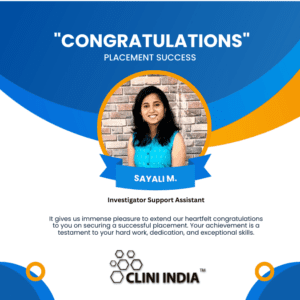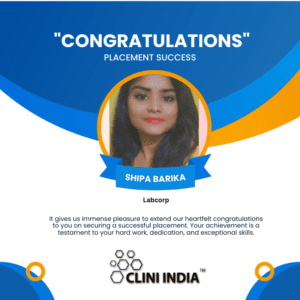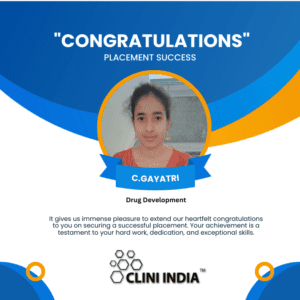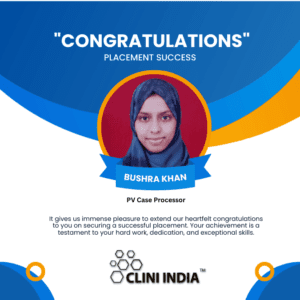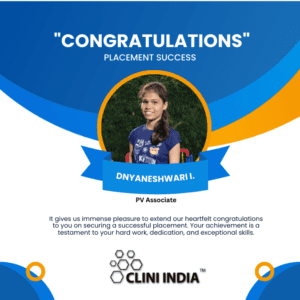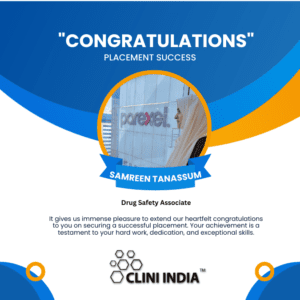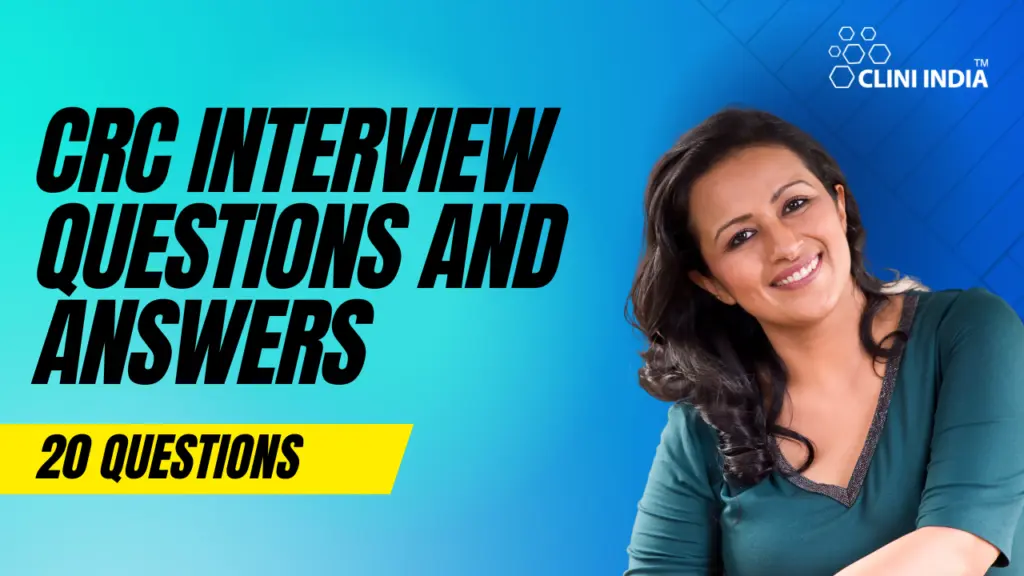
1. Question: Can you explain your understanding of the role of a Clinical Research Coordinator?
Answer: A Clinical Research Coordinator (CRC) plays a crucial role in managing and overseeing clinical trials. They ensure the study’s compliance with protocols, recruit and screen participants, collect data, and maintain documentation to ensure the integrity of the research.
2. Question: What experience do you have in coordinating clinical trials?
Answer: Provide details about your previous roles, responsibilities, and any relevant projects you’ve worked on. Highlight your ability to manage various aspects of trials, from participant recruitment to data collection and reporting.
3. Question: How do you ensure patient safety and ethical considerations during a clinical trial?
Answer: Emphasize the importance of informed consent, monitoring adverse events, and following ethical guidelines outlined by regulatory bodies like the FDA and ICH GCP.
4. Question: How do you manage and prioritize multiple tasks and responsibilities within a clinical trial setting?
Answer: Explain your organizational skills, time management strategies, and ability to adapt to changing priorities to ensure smooth trial operations.
5. Question: What electronic data capture (EDC) systems are you familiar with?
Answer: Mention any EDC systems you have experience with, such as Medidata Rave, Oracle Inform, or others, and describe your proficiency in using them for data entry and management.
6. Question: How do you handle challenges in patient recruitment and retention?
Answer: Discuss your strategies for identifying potential participants, maintaining open communication, addressing participant concerns, and fostering a positive relationship to enhance retention rates.
7. Question: How do you maintain accurate and complete documentation throughout a clinical trial?
Answer: Explain your meticulous attention to detail, adherence to protocols, and how you ensure accurate record-keeping to support the integrity of the trial.
8. Question: Can you describe your experience with regulatory compliance and GCP (Good Clinical Practice) guidelines?
Answer: Provide examples of how you’ve adhered to GCP guidelines and worked to maintain regulatory compliance, ensuring the validity and reliability of trial results.
9. Question: How do you communicate and collaborate with interdisciplinary teams, including investigators, sponsors, and regulatory authorities?
Answer: Highlight your interpersonal skills, ability to convey complex information clearly, and your experience in fostering effective teamwork within a clinical trial environment.
10. Question: Describe a situation where you had to resolve a conflict or disagreement within a research team.
Answer: Narrate a specific scenario, outlining how you actively listened, addressed concerns, and facilitated a solution that promoted harmony and productivity within the team.
11. Question: How do you stay updated on the latest developments and changes in the clinical research field?
Answer: Mention resources you regularly utilize, such as attending conferences, reading industry publications, participating in workshops, and staying engaged with professional networks.
12. Question: Can you share an example of a time when you had to handle an unexpected issue during a clinical trial?
Answer: Provide a real-life example of a challenge you encountered, explain the steps you took to address it, and highlight the positive outcome achieved through your problem-solving skills.
13. Question: How do you ensure data quality and integrity throughout the study?
Answer: Discuss your approach to data validation, verification, and conducting source document verification to maintain the accuracy and reliability of collected data.
14. Question: How do you handle situations where a participant experiences an adverse event during the trial?
Answer: Explain your understanding of adverse event reporting procedures, emphasize your commitment to participant safety, and describe your experience in promptly reporting and managing adverse events.
15. Question: How do you manage confidentiality and protect participant privacy in a clinical trial?
Answer: Discuss your awareness of HIPAA regulations and your strategies for safeguarding participant information while ensuring that data security measures are in place.
16. Question: Can you provide an example of a successful recruitment strategy you’ve used in the past?
Answer: Detail a specific approach you’ve employed to successfully recruit participants, including outreach methods, communication techniques, and the positive outcomes achieved.
17. Question: How do you handle protocol deviations while maintaining study integrity?
Answer: Explain your understanding of protocol deviations, how you document and report them, and your experience in mitigating their impact on the study’s validity.
18. Question: What do you consider the most challenging aspect of being a Clinical Research Coordinator, and how do you overcome it?
Answer: Reflect on a personal challenge you’ve faced in the role, discuss how you approached it, and highlight the lessons you’ve learned to effectively manage such challenges.
19. Question: How do you ensure proper record-keeping and archiving of trial documentation at the conclusion of a study?
Answer: Describe your experience in preparing for study closeout, archiving documents in accordance with regulatory requirements, and ensuring long-term accessibility of trial data.
20. Question: Why do you want to work with our organization, and what unique skills do you bring to our team?
Answer: Tailor your response to align with the organization’s mission and values. Highlight your skills, experiences, and enthusiasm that make you an ideal fit for their clinical research team.



